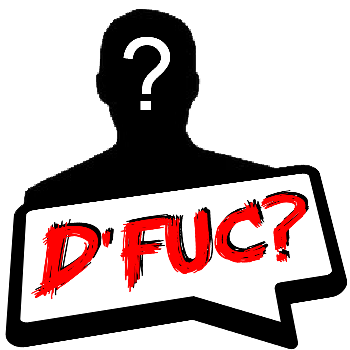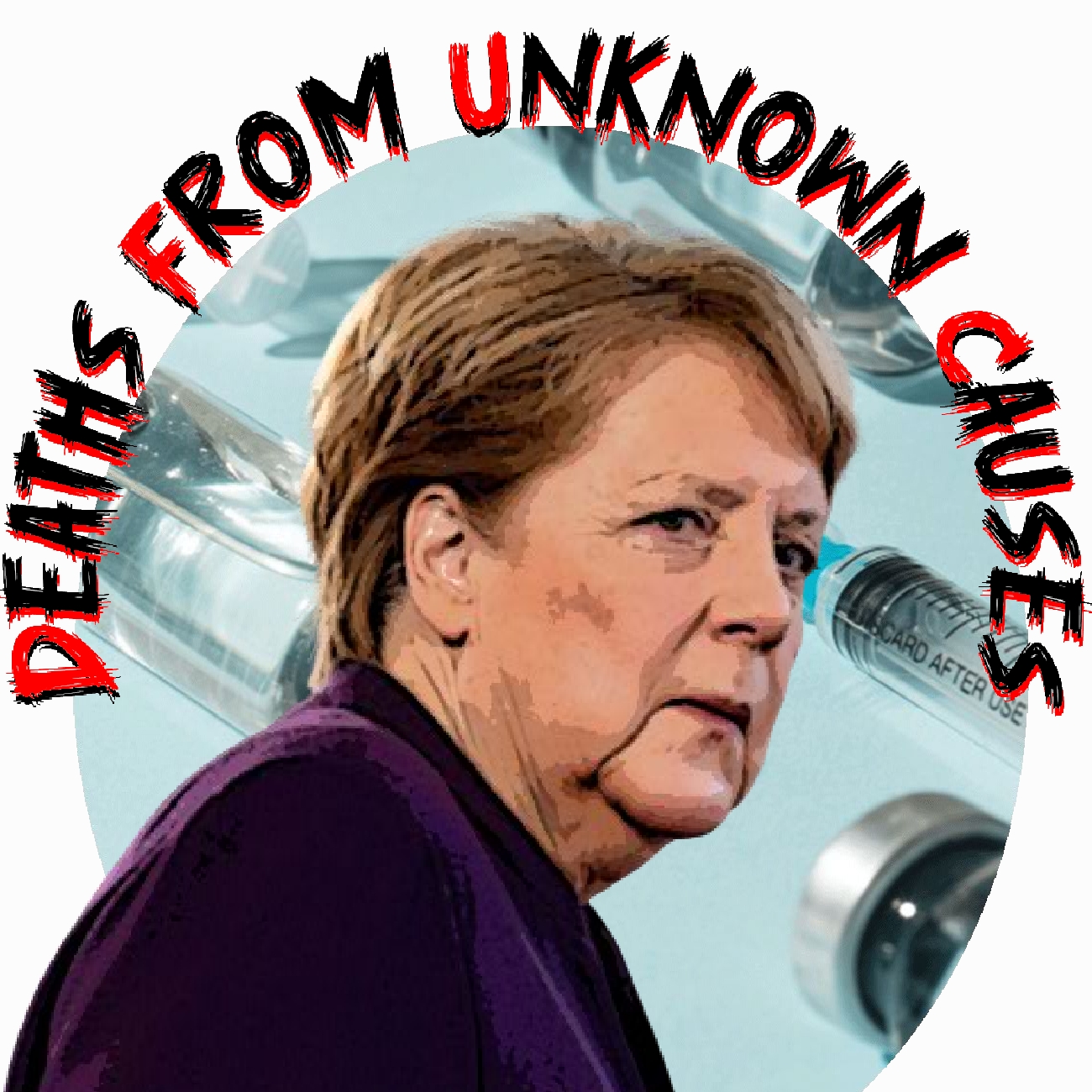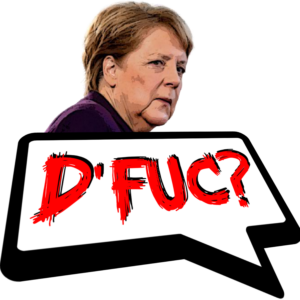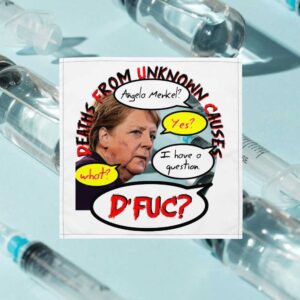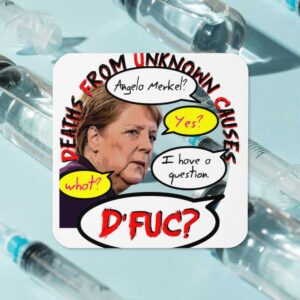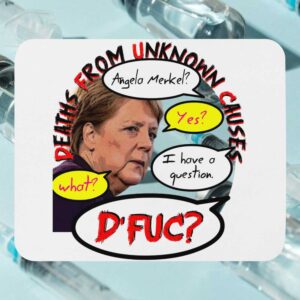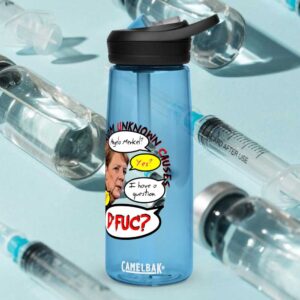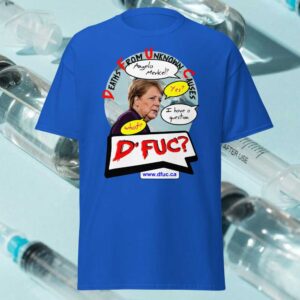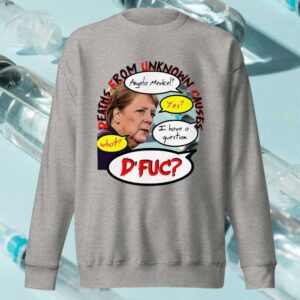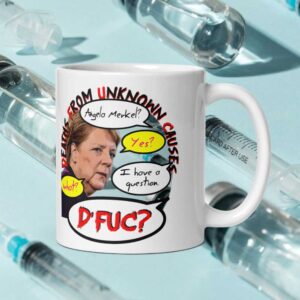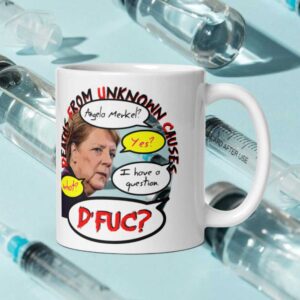Who is Angela Merkel?
Angela Merkel is a German politician who served as the Chancellor of Germany from 2005 to 2021. She is one of the most prominent and influential political figures in modern European history. Merkel is a member of the Christian Democratic Union (CDU), a center-right political party in Germany.
Some key points about Angela Merkel’s career and impact:
Chancellorship: Angela Merkel became the first woman to hold the office of Chancellor in Germany when she was elected in 2005. She was subsequently re-elected for three more terms, making her one of the longest-serving leaders in German history.
Leadership Style: Merkel is known for her pragmatic and cautious approach to politics, often referred to as the “Merkel method” or “politics of small steps.” She navigated complex domestic and international challenges with a focus on consensus-building.
Eurozone Crisis: During her tenure, Merkel played a pivotal role in managing the European financial and debt crisis, advocating for measures to stabilize the Eurozone.
Migration Crisis: Merkel’s decision to welcome a large number of refugees and migrants in 2015 was a significant and divisive moment during her leadership. Her “open-door” policy was praised by some for humanitarian reasons but also criticized for potential social and political implications.
Climate and Energy Policy: Merkel has been active in promoting climate change mitigation and transition to renewable energy sources. She played a role in Germany’s transition away from nuclear power and toward renewable energy.
Global Leadership: Merkel was a respected leader on the international stage and played a crucial role in shaping European Union policies, including negotiations on Brexit and dealing with the Russian annexation of Crimea.
Retirement: Merkel announced that she would not seek re-election as Chancellor in 2021. Her tenure came to an end later that year.
Angela Merkel’s leadership had a profound impact on Germany, Europe, and global politics. Her influence extended beyond her country’s borders, and she was widely regarded as one of the world’s most powerful women and a symbol of stability in a rapidly changing political landscape. Please note that my information might be outdated, as my last update was in September 2021.
